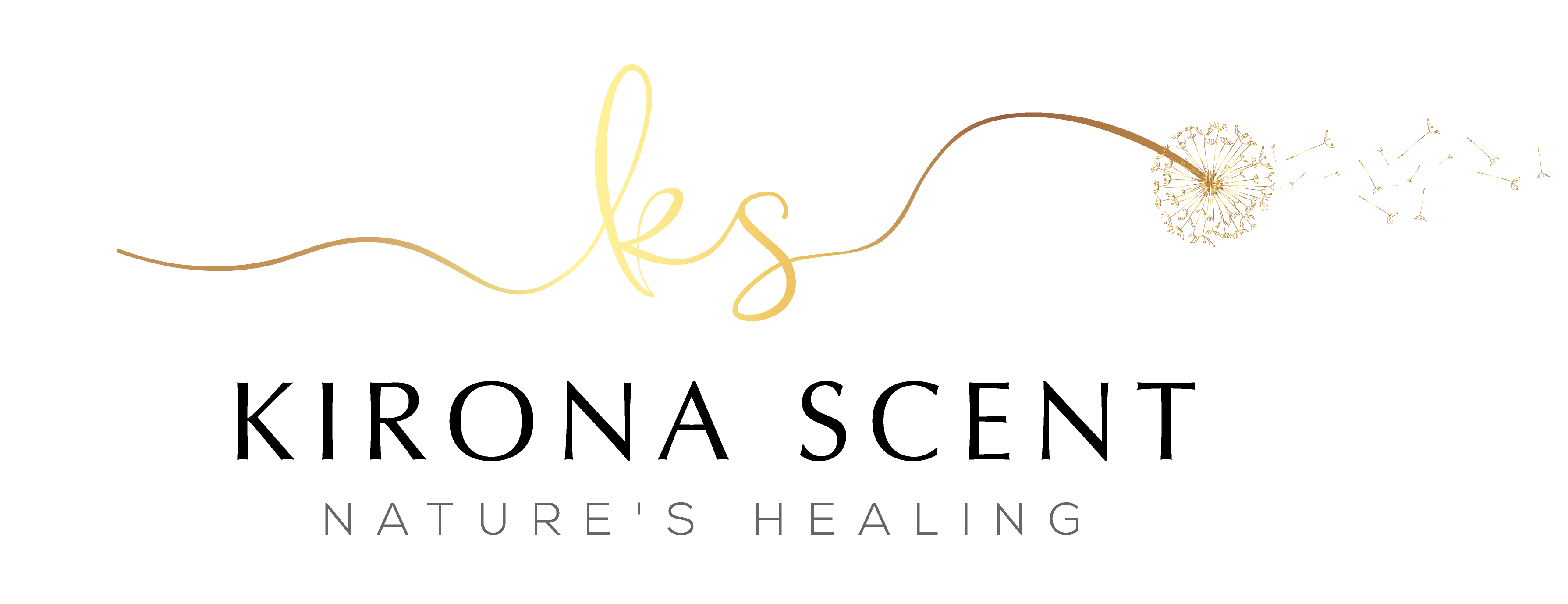Where's That Smell Coming From? The History and Early forms of Aromatherapy
When it comes to aromatherapy, there are two main groups of people: People who wholeheartedly believe in its benefits and people who wouldn’t bat a thought about its existence (no points for guessing which group we belong to).
What’s interesting is no matter which group you ask, chances are they’ll know close to nothing about the history of aromatherapy. Most think aromatherapy is just a bunch of oils from plants you put in a diffuser that magically creates smell. While that’s not completely wrong, there’s a lot more beneath the surface.
What’s even more interesting to note is that there is much debate about the first use of aromatherapy. Aromatherapy was both used across many different civilisations for many different purposes. We will, of course, not be able to solve the mystery of the birth of aromatherapy. Instead, we will share with you a few of its original uses.
The Chinese were perhaps the earliest to begin the usage of plant oil inhalation for medical purposes. The earliest record of this was in 2697 BC with the text “Yellow Emperor's Classic of Internal Medicine”. The book documented the usage and benefits of over 200 plants.
The Egyptians had a slightly different use of plant oils. Besides just medical, the Egyptians also exploited essential oils from plants for fragrant, cosmetic and spiritual uses. It is commonly believed that the term “perfume” originated from the Latin phrase “per fumum” which means “as through the smoke”. Festivals and celebrations commonly saw Egyptians using the fragrance of plant extracts too. Women would wear perfume cones on their head and these cones would eventually melt under the heat and release the fragrance.
The Greek, like the Chinese, utilised the benefits of plant oils for a more functional purpose - medicine. Asclepius was the earliest Greek physician who mastered the art of using flora for surgeries. This was in 1200BC, slightly later than when the Chinese’s “Yellow Emperor's Classic of Internal Medicine” text.
Asclepius’ legacy didn’t end in 1200BC however, or even at the time of his death. He continues to be remembered as the god of healing in Greek mythology.
Aromatherapy comes and came in many shapes and forms. What we commonly know as a few drops of oil in a water diffuser is but a dent in the long and arduous history of the use of plant oils. The truth is that aromatherapy has been around for ages and will likely remain for many more.
image source: http://www.appliedaromaticinstitute.com/




















